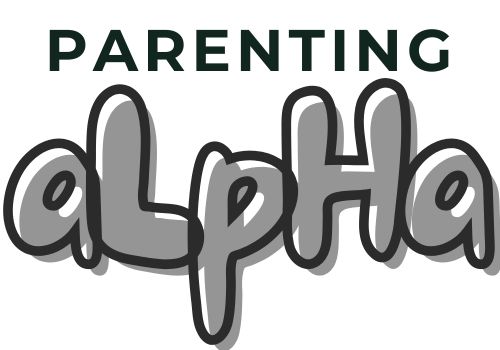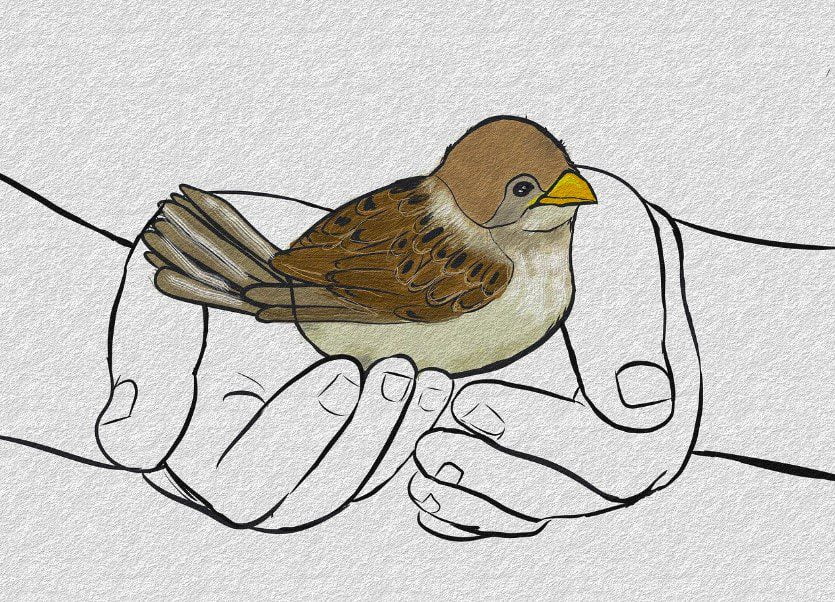Raising children is a challenging task, especially because every parent is seeking ways to make their tasks painless. However, some parents tend to be overprotective and overly involved in their children’s lives. This type of parenting is commonly known as helicopter parenting.
It is a parenting style that has gained popularity in recent years, but receiving criticism from experts. They believe it can potentially interfere with early child development.
Helicopter parenting is just one of the five main parenting styles that have been identified by developmental psychologists. The other four styles include authoritative, authoritarian, permissive and neglectful parenting.
In this article, we will explore what helicopter parenting is, its signs, effects, and how to avoid it.
What is Helicopter Parenting?

Helicopter parenting is a term used to describe a type of parenting where parents are overly involved in their children’s lives. They hover over them, constantly monitoring their every move, and micromanaging every aspect of their lives.
It is characterized by parents who are overprotective, overly involved, and overbearing.
Helicopter parents are always present, never giving their children enough space to explore their world independently. They tend to control every aspect of their children’s lives. This may range from their academic performance to their social lives, and even their hobbies and interests.
Signs you are a helicopter parent!
Here are some signs that you may be a helicopter parent. For example, you
- Constantly monitor your child’s activities: Helicopter parents often keep a close eye on their children’s every move. They will obsess over their academic progress, extracurricular activities, and social interactions.
- Make decisions for your child: Helicopter parents want to make most decisions for their children. They do this without giving them the opportunity to make their own choices or take risks.
- Have high expectations for your child: Helicopter parents often have very high expectations for their children. This ranges from academic to personal success, and may push their child to achieve at all costs.
- Are overly protective: Helicopter parents may be overly protective of their children. They may not allow them to take risks or experience failure.
- Are anxious about your child’s safety: Helicopter parents may be overly anxious about their children’s safety. They may not allow them to engage in activities they perceive as risky or dangerous.
- Struggle to let go: Helicopter parents may struggle to let their children become more independent as they grow older. They may want to continue to hover and micromanage them into adulthood.
Are there benefits derived from parenting as a helicopter?
While many argue that helicopter parenting has negative consequences, there are those who see potential benefits. Here are just some of them:
- Safety: Helicopter parents are known for being highly involved in their children’s lives, which can translate into increased safety. They are likely to closely monitor child activities and ensure they are not engaging in risky behavior.
- High achievement: Helicopter parents may push their children to excel academically, professionally, or in extracurricular activities. This can lead to high achievement and success in the long run.
- Close relationship: The level of involvement that helicopter parents have in their children’s lives can create a close bond between them. These parents may be more likely to know their children well and provide adequate emotional support where needed.
Drawbacks of helicopter parenting
While helicopter parenting can have some benefits, there are potential disadvantages to this parenting style. Here are some of them:
- Decreased independence: Helicopter parents often do not allow their children to make their own decisions or take risks. This can result in children who are overly reliant on their parents and lack independence.
- Low self-esteem: Children who are constantly monitored and critiqued by parents may develop low self-esteem. This will happen because they feel they can never measure up to their parents’ expectations.
- Lack of problem-solving skills: Helicopter parents may intervene too quickly in their children’s lives. This can prevent children from developing important problem-solving skills.
- Anxiety and stress: Children of helicopter parents may experience increased anxiety and stress. They may feel pressure to constantly perform and meet their parents’ expectations.
- Resentment: As children grow older, they may come to resent their parents for their over-involvement in their lives, and lack of trust in their ability to make decisions.
- Lack of Independence: Children of helicopter parents often lack independence and struggle with decision-making and problem-solving skills.
- Poor Social Skills: Helicopter parenting can limit a child’s social interactions and ability to form relationships with peers.
- Lack of Resilience: Helicopter parenting can prevent children from developing resilience and coping skills needed to face challenges and setbacks.
How to Avoid Being a Helicopter Parent:
If you recognize overwhelming signs of helicopter parenting in you, there are steps you can take to avoid becoming one:
- Give your child space to make their own decisions: Encourage your child to make their own choices, even if they sometimes make mistakes. This will help them develop important decision-making skills and become more independent.
- Allow your child to take risks: It’s important for children to take risks and experience failure in order to learn and grow. Encourage your child to try new things, and be there to support them if they stumble.
- Set reasonable expectations: While it’s important to have high expectations for your child, it’s also important to set reasonable goals that take into account their individual strengths and weaknesses.
- Trust your child: Show your child that you trust their judgment and respect their decisions. This will help them develop confidence and self-esteem.
- Encourage independence: Encourage your child to take on responsibilities and become more independent as they grow older. This will help them develop important life skills and prepare them for adulthood.
- Focus on the big picture: While it’s easy to get caught up in the day-to-day details of your child’s life, it’s important to step back and focus on the big picture. What kind of person do you want your child to be? What values do you want them to uphold?
Remember that parenting is a balancing act, and it’s natural to want to protect and guide your child. However, it’s important to find a balance between being involved and giving children space to grow and learn on their own.
FAQs:
Q: Is helicopter parenting harmful?
A: Yes, helicopter parenting can have negative effects on a child’s development, including lack of independence, anxiety and depression, poor social skills, low self-esteem, and lack of resilience.
Q: How do I know if I am a helicopter parent?
A: Some signs of helicopter parenting include constantly monitoring your child’s activities, being overly involved in your child’s schoolwork, dictating your child’s schedule and interests, having difficulty letting go, and interfering in your child’s relationships with others.
Q: Can helicopter parenting be beneficial in some ways?
A: While some level of involvement and guidance is necessary for parenting, research suggests that helicopter parenting can have negative effects on a child’s development. However, there may be some short-term benefits, such as higher academic achievement, but these benefits may not outweigh the long-term negative effects.
Q: What parenting styles are recommended instead of helicopter parenting?
A: Some recommended parenting styles include authoritative parenting, which involves setting rules and expectations while also allowing independence and encouraging open communication, and permissive parenting, which involves setting few rules and giving children the freedom to make their own decisions.
The last word:
If you recognize many signs of parenting as a helicopter, it’s important to take a step back. Consider whether your behavior is helping or hindering your child’s development.
Striking a balance between being involved and giving your children space to grow and learn is key to helping them become independent and confident adults.
Encouraging independence, setting realistic expectations, and trusting your child’s abilities are all important aspects of effective parenting.





Leave a Reply